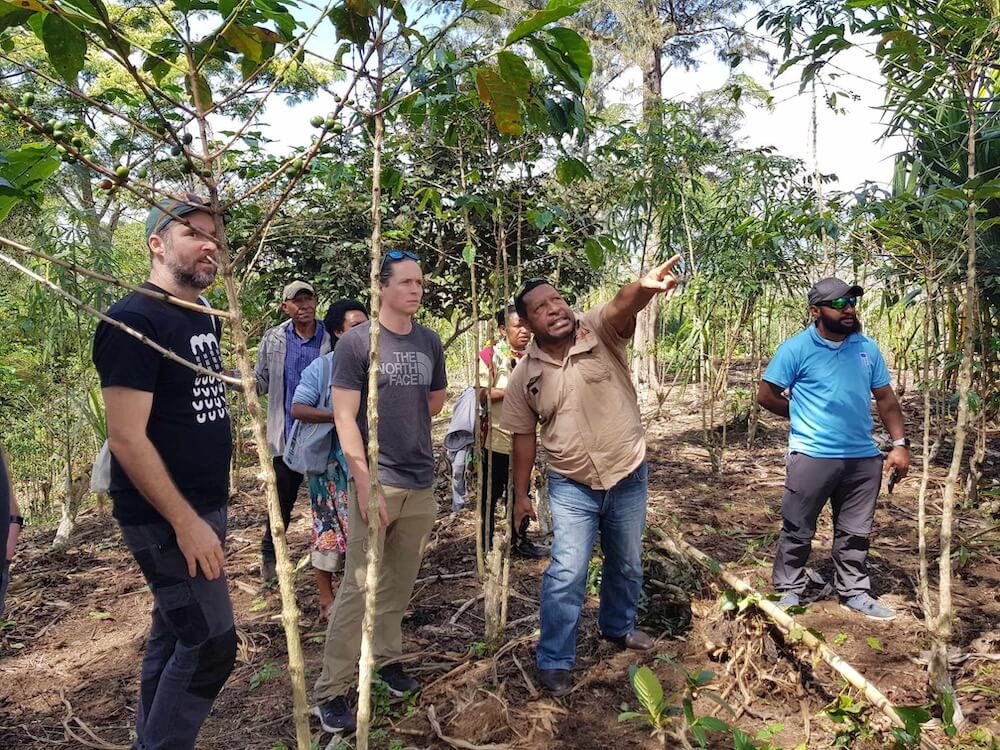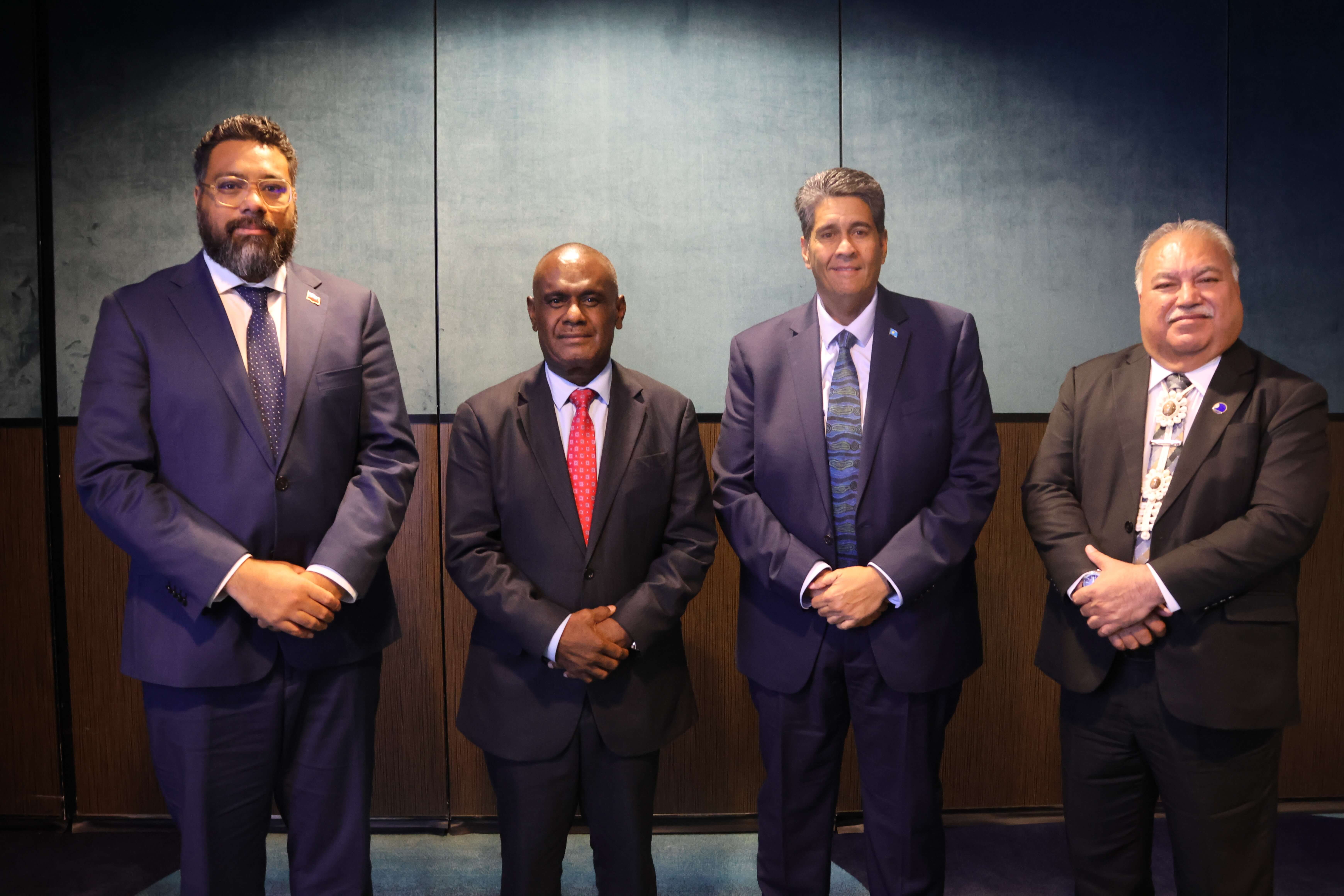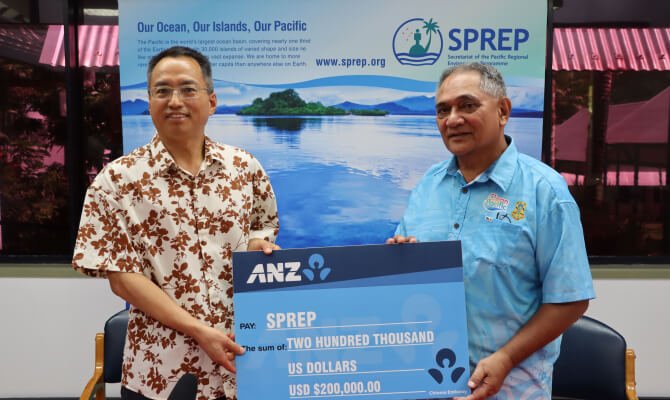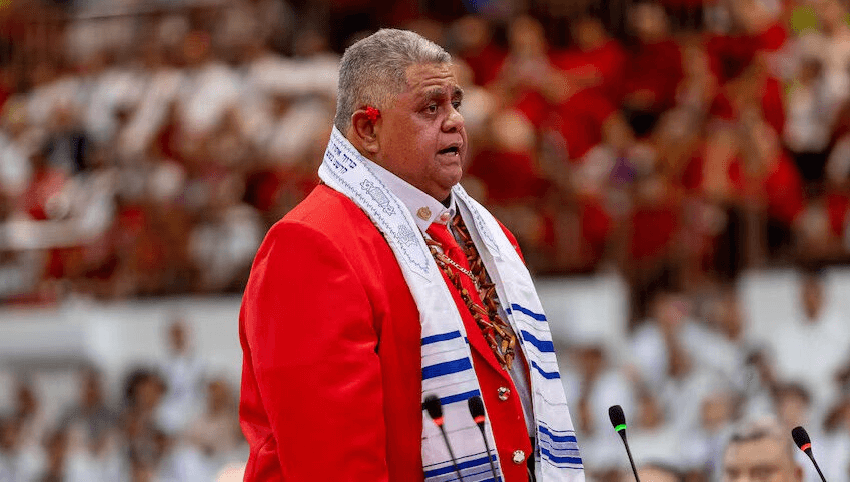Sustineo’s Ellis Mackenzie recently returned from the Papua New Guinea (PNG) Highlands as part of a trip to kick-off our new phase of work looking at the potential to use carbon finance to benefit smallholder coffee and cocoa farmers in PNG. Through the project, which is funded by the Department of Foreign Affairs and Trade (DFAT), we are partnering with the Australian National University’s Institute for Climate, Energy & Disaster Solutions (ANU ICEDS), Nakau, PhD researcher Mawe Gonapa, and range of new PNG-based partners.
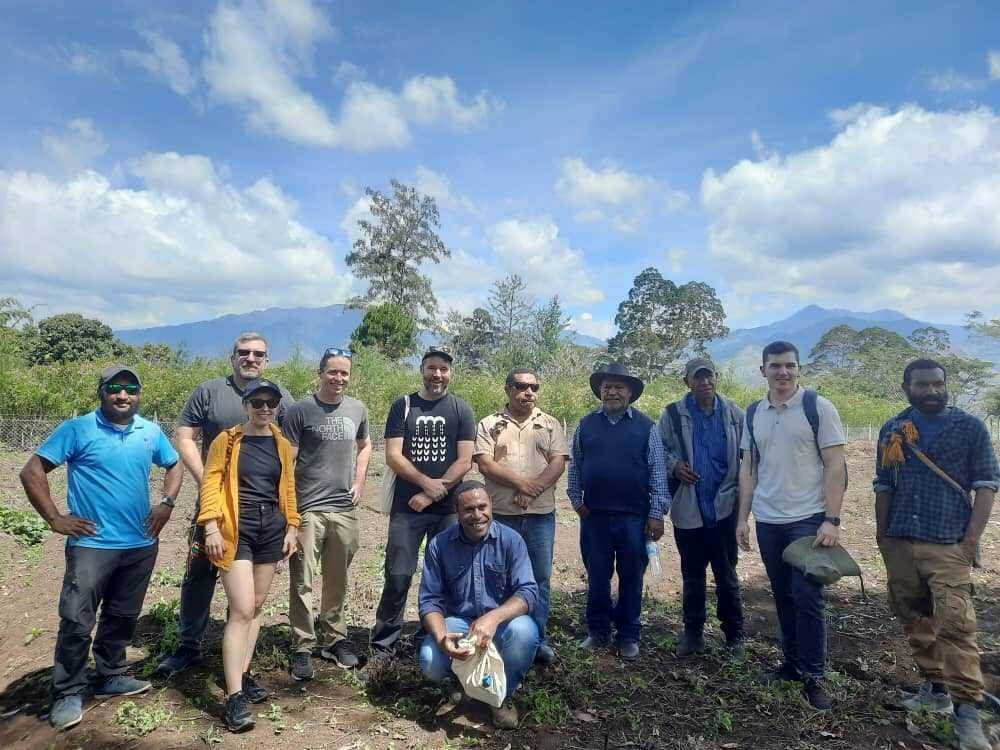
Despite coffee being PNG’s most important cash crop, with nearly three million people relying on income from it, the smallholder coffee sector has been in a general state of stagnation and decline for four decades, with farmers receiving little to no real increase in prices for coffee. Carbon sequestered in coffee trees combined with improved farm management, such as planting shade trees and reducing fertiliser use, has the potential to be accounted for and certified either as tradable carbon credits or as part of a carbon neutral coffee supply chain initiative. This presents an innovative opportunity for farmers to diversify and increase incomes from coffee while also supporting positive social and environmental benefits.
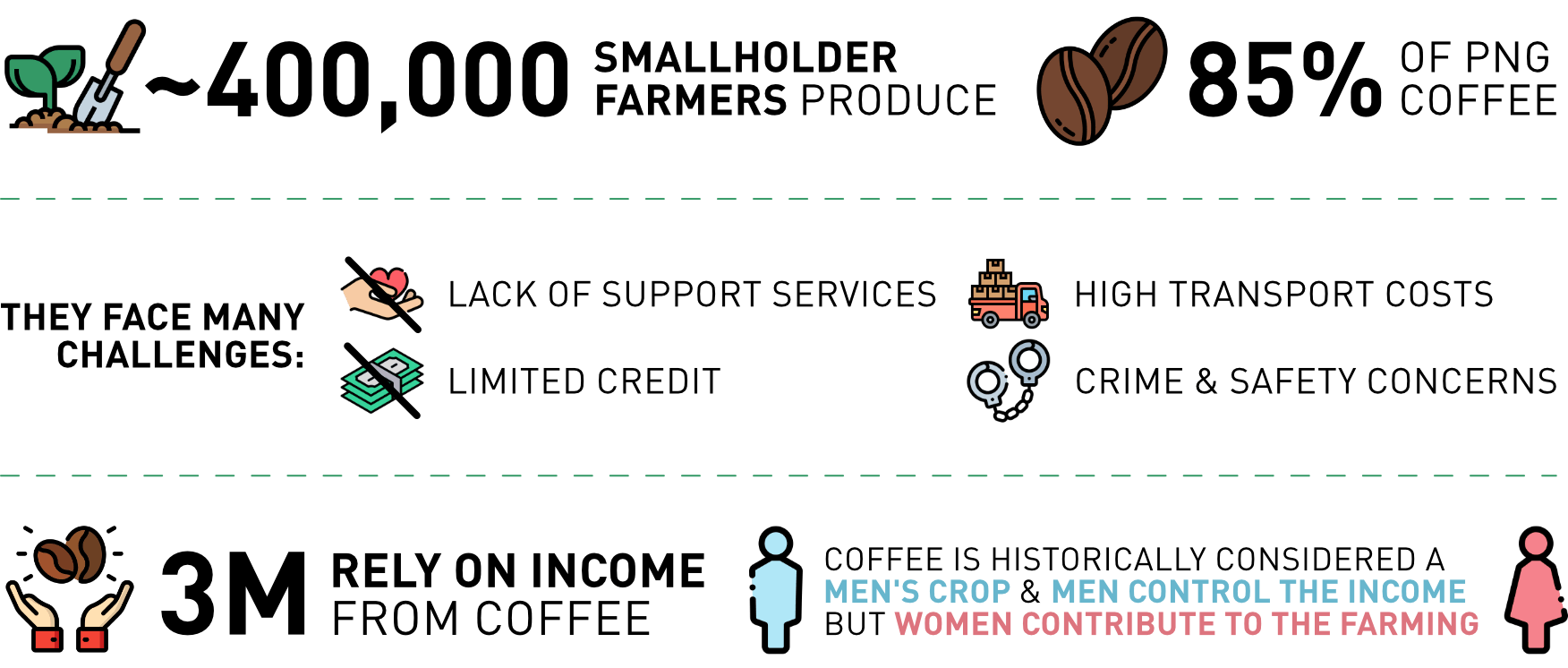
This project builds on our earlier feasibility study looking at the potential to establish carbon trading in PNG’s smallholder coffee sector. The new phase of work expands this research to also look at cocoa in the Autonomous Region of Bougainville (AROB) and East New Britain Province, as well as working with Nakau to begin piloting carbon farming with a coffee farming community.
Ellis’ trip provided the opportunity to meet with a range of stakeholders from government, the coffee and cocoa industries, and civil society, to look at opportunities to co-design project activities. After a two-day workshop in Goroka, the project team also conducted site visits to coffee farms and export warehouses in Eastern Highlands Province to better understand the coffee agro-forestry system and the wider coffee supply chain.
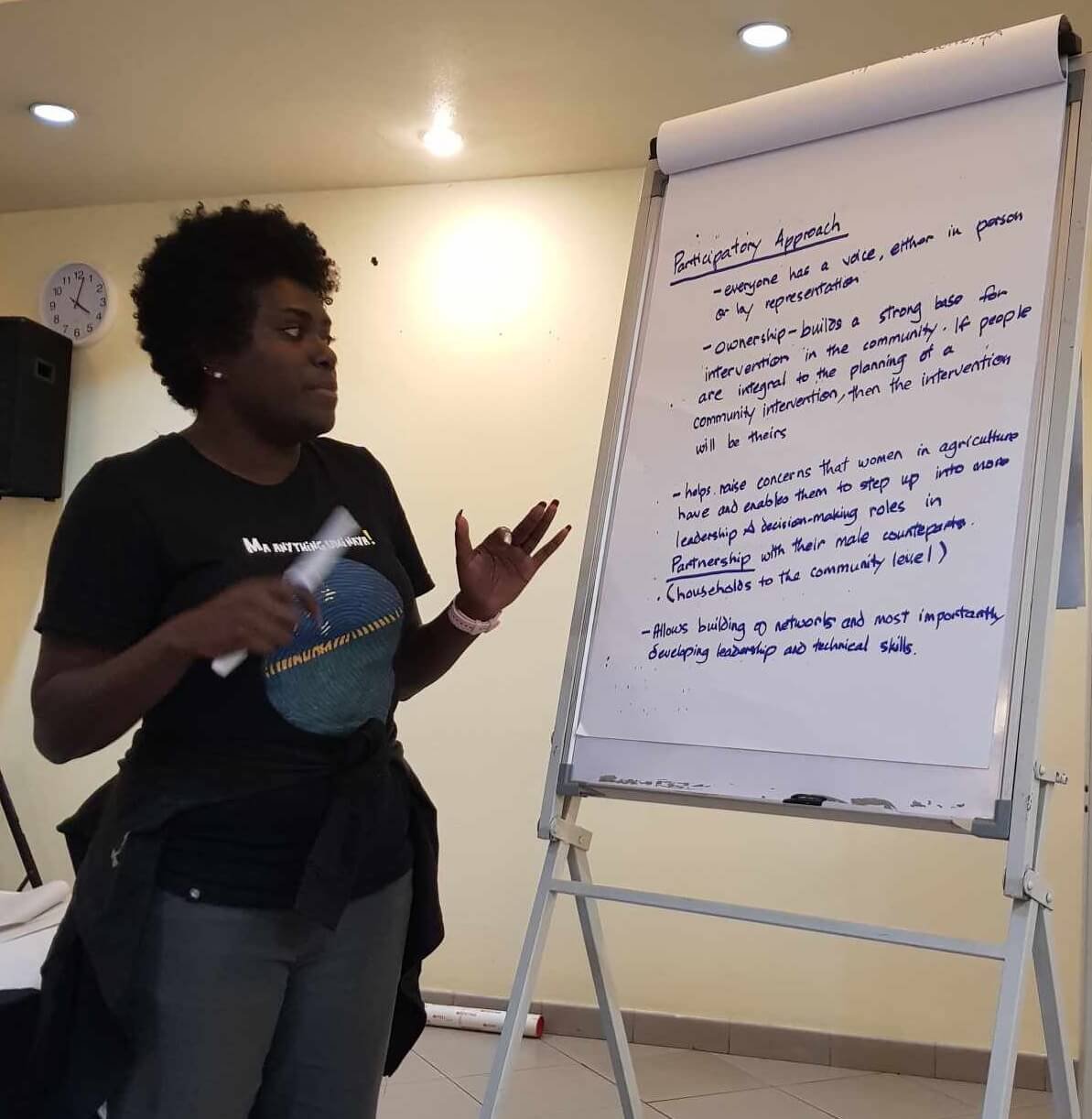
A key focus for our role in the project is to understand the governance requirements for carbon farming in PNG’s smallholder coffee and cocoa sectors. This is a rapidly evolving policy area in PNG, with legislation for the voluntary carbon market currently being finalised. A key challenge will be to learn from the pitfalls of past REDD+ projects in PNG which have largely failed to deliver benefits for local landowners.
We look forward to working with our partners in PNG and Australia as we continue to expand our research on the ways that voluntary carbon markets can be used to benefit local communities in the Pacific.
For further inquiries about our work in this space, contact Ellis Mackenzie at: ellis.mackenzie@sustineo.com.au
